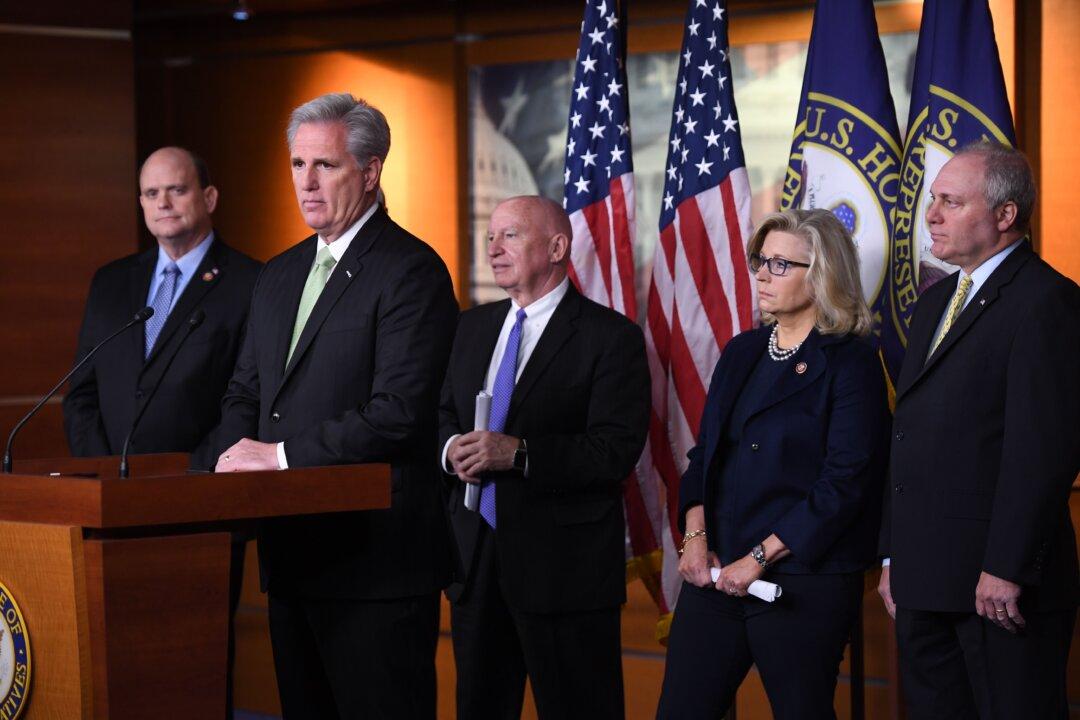Republican House members are split on whether they will vote in favor of the legislation to create a bipartisan commission to investigate the Jan. 6 Capitol breech, H.R. 3233, which the House is poised to debate and vote for on Wednesday afternoon.
The Jan. 6 Commission was announced last week by the top Republican and Democrat on the House Homeland Security Committee, Reps. Bennie Thompson (D-Miss.) and John Katko (R-N.Y.). The commission was first proposed days after the Jan. 6 incident by Speaker of the House Nancy Pelosi (D-Calif.) but has been delayed due to the scope and balance of power of the panel.





